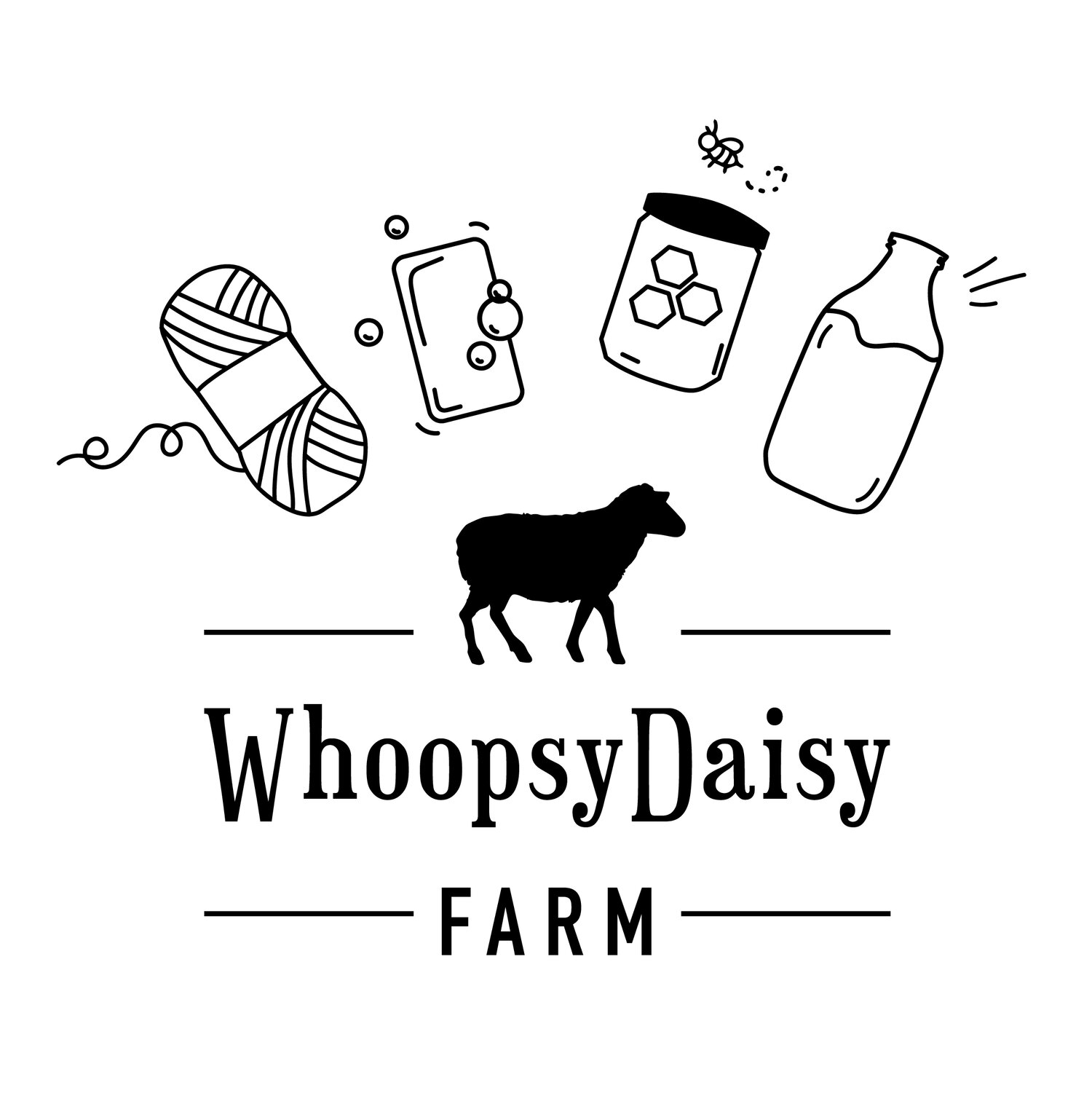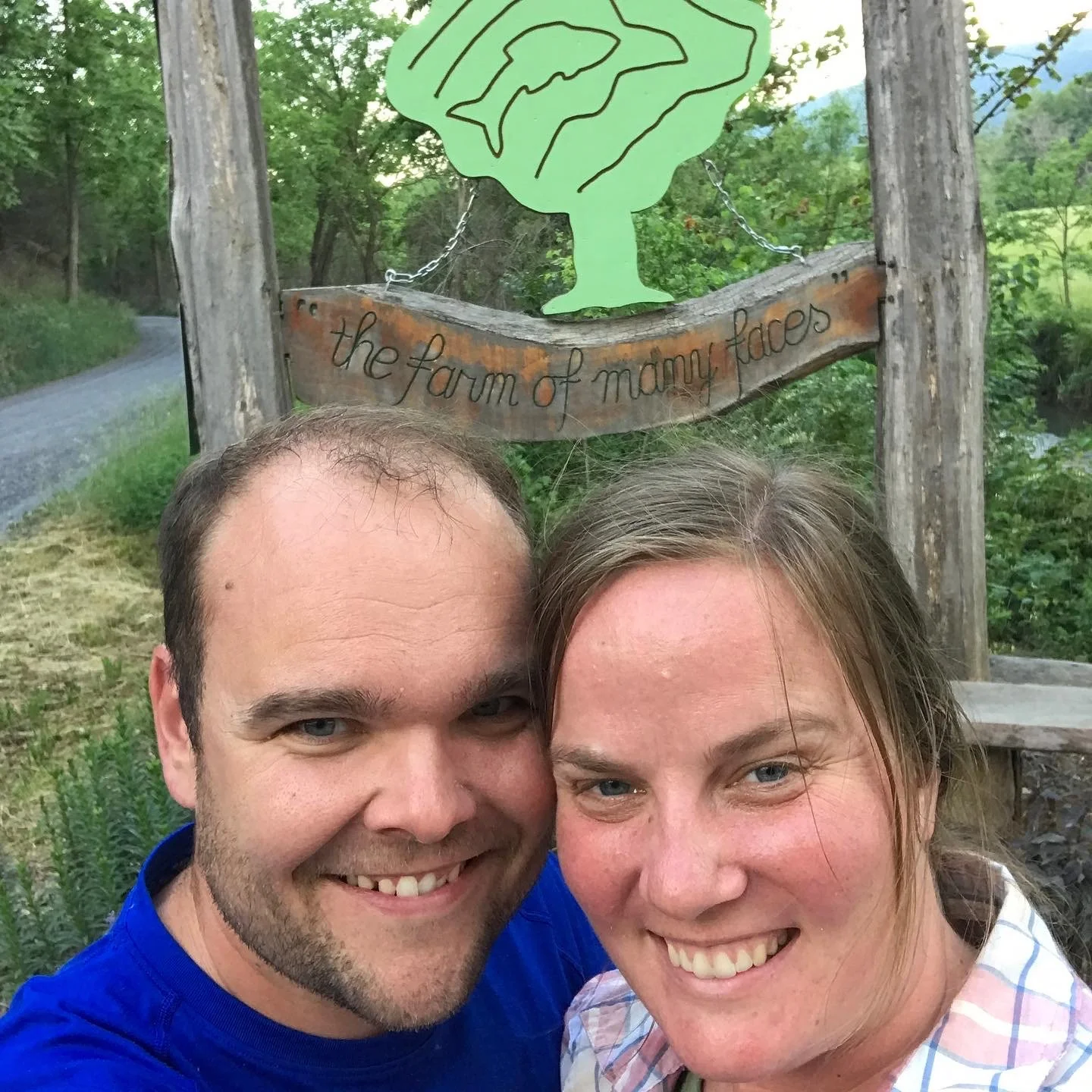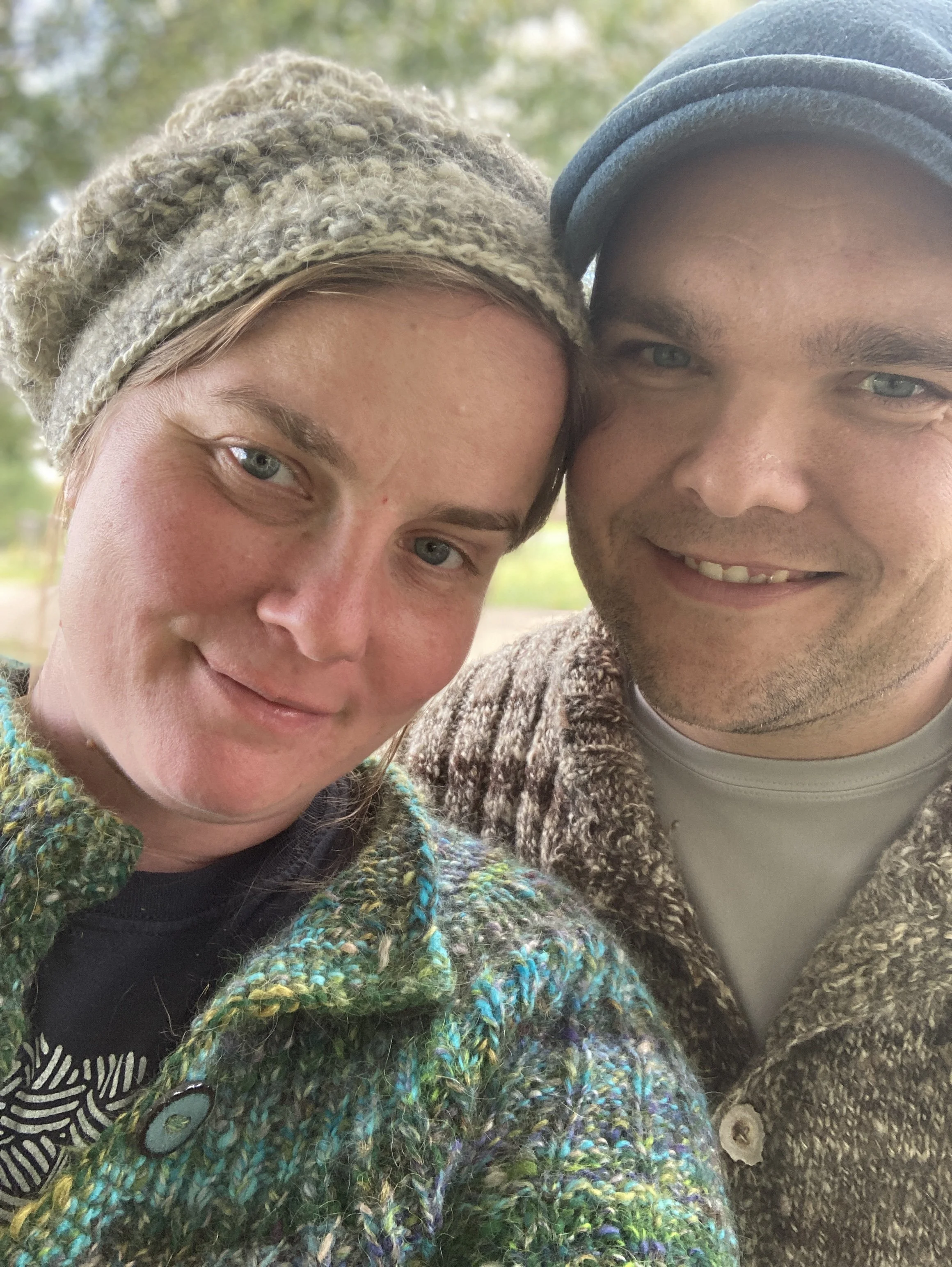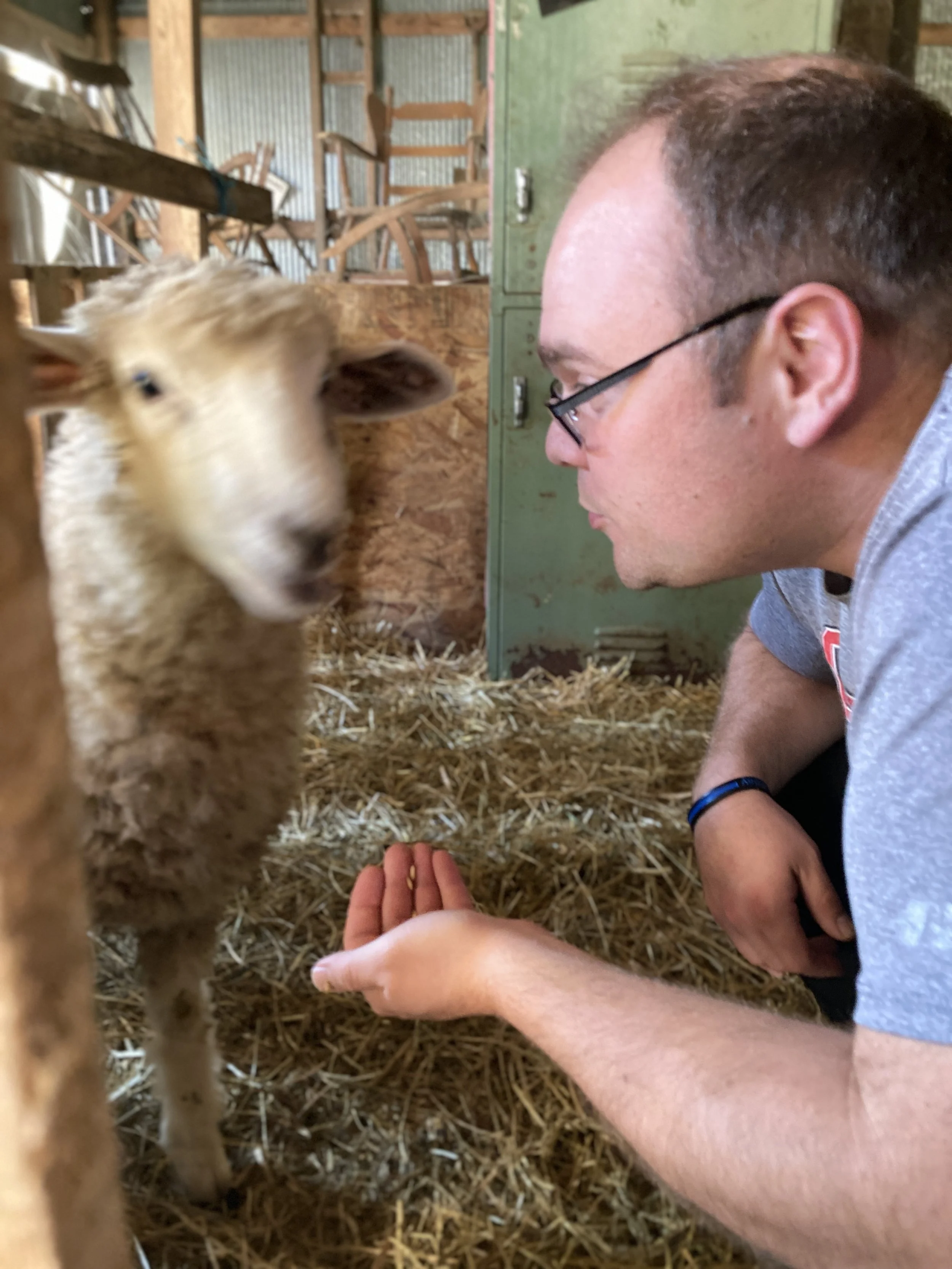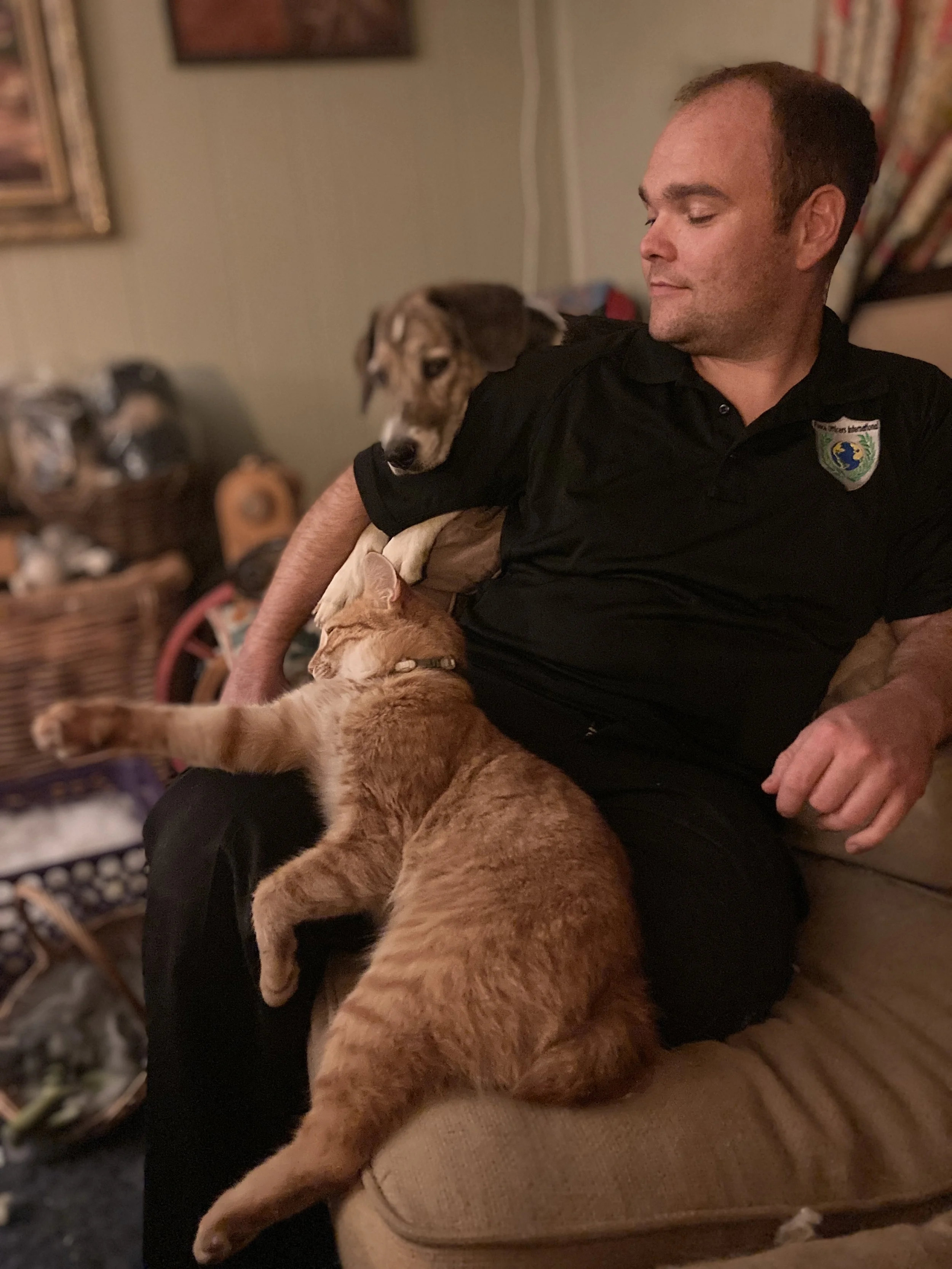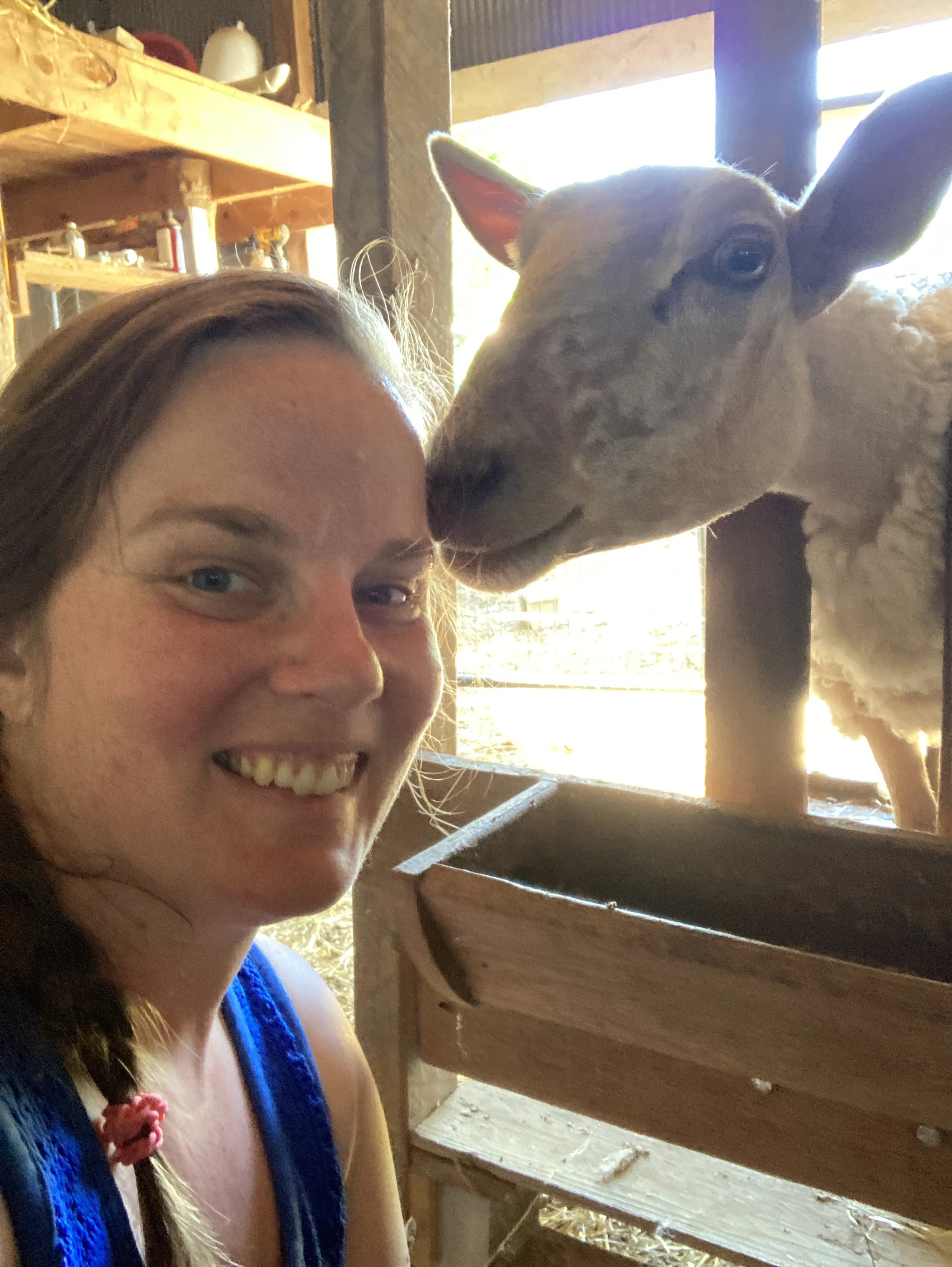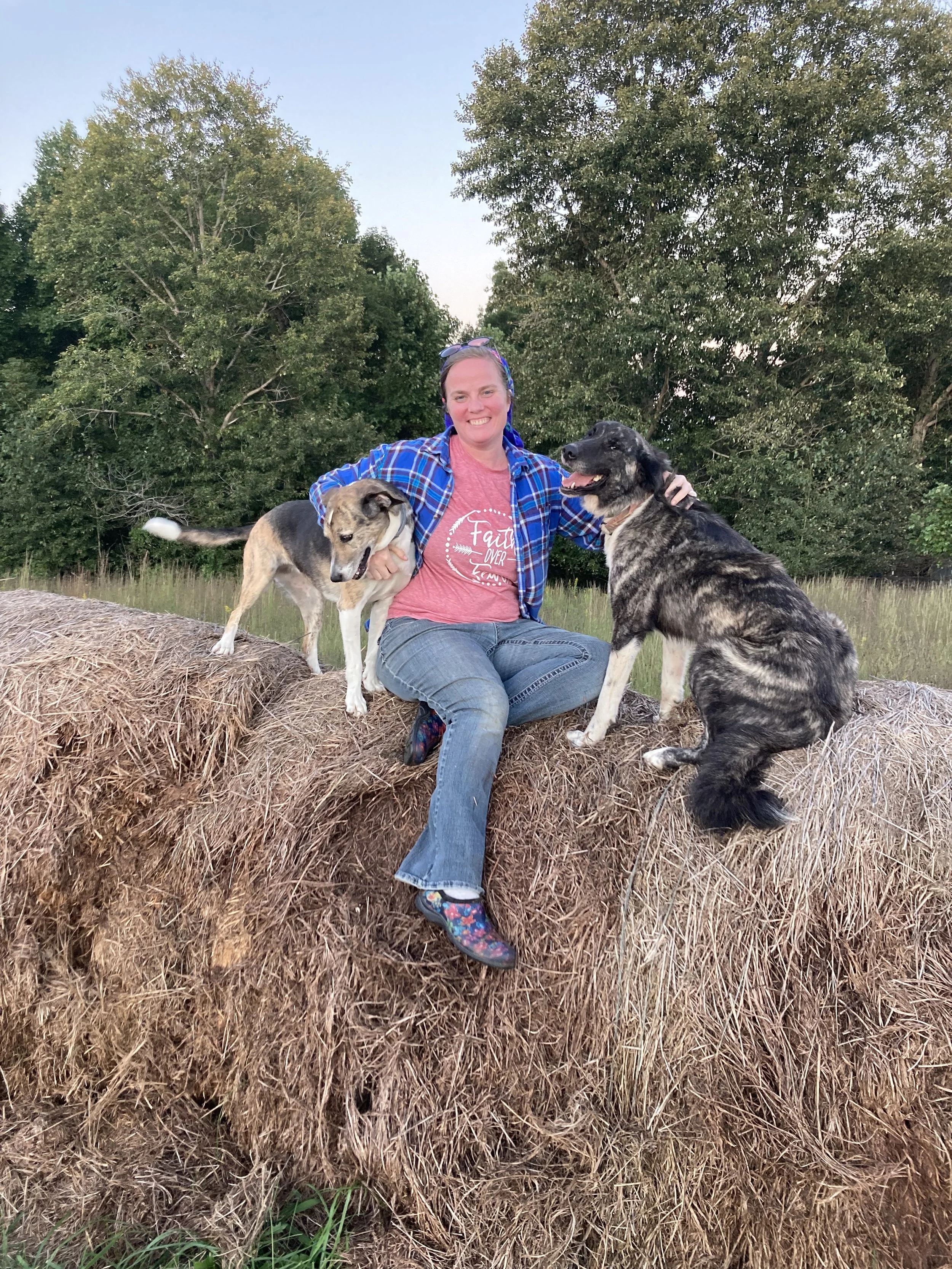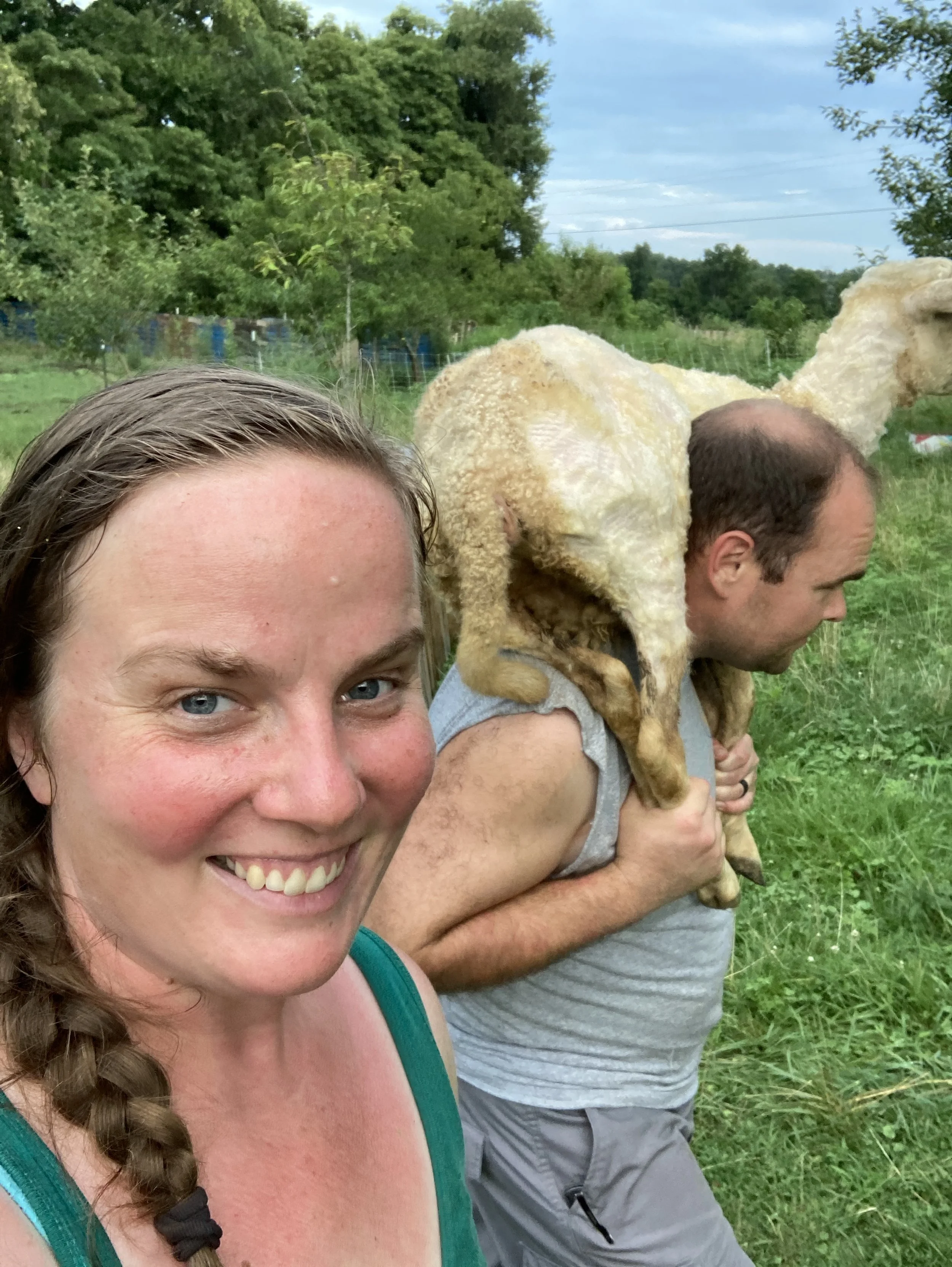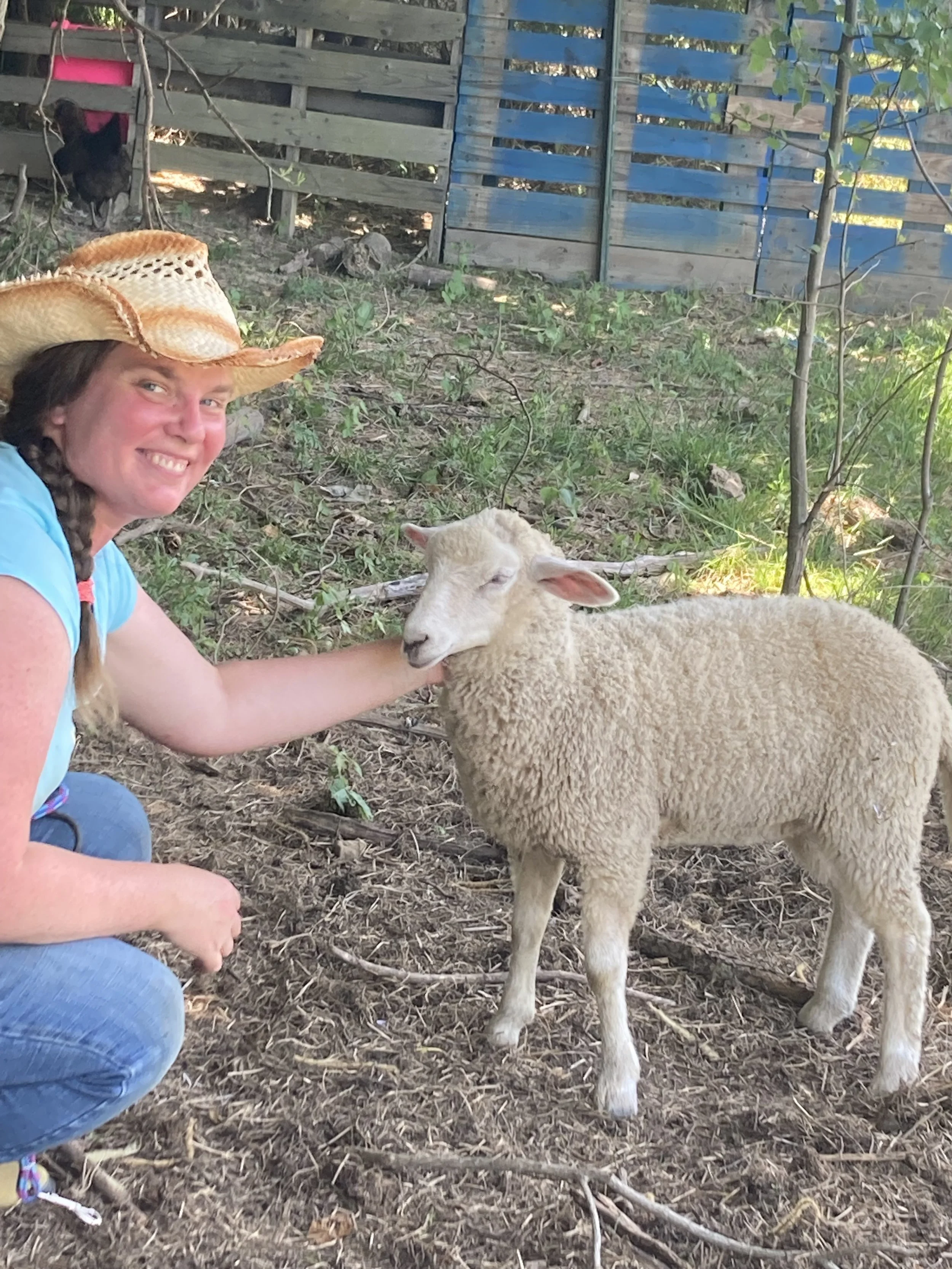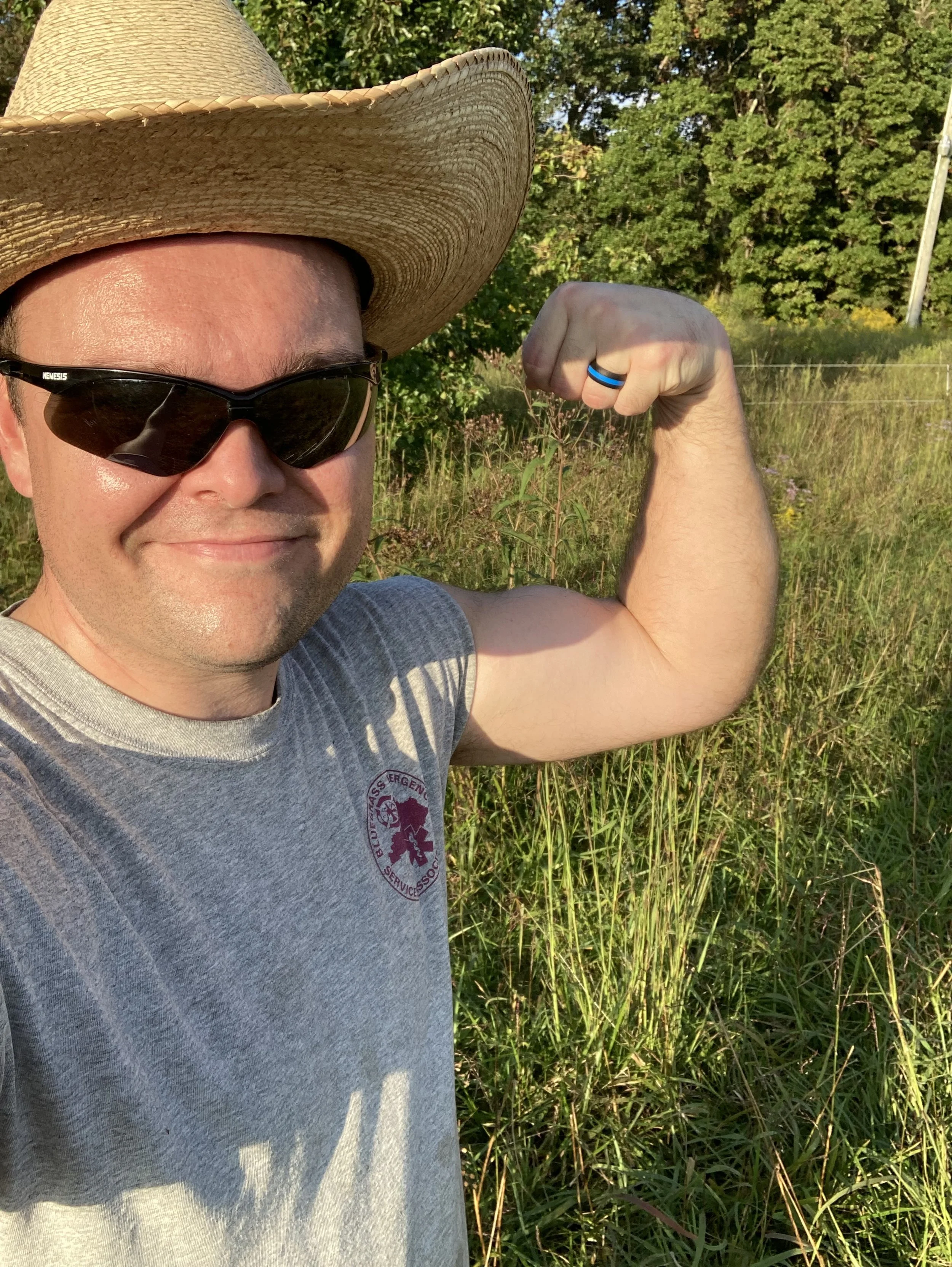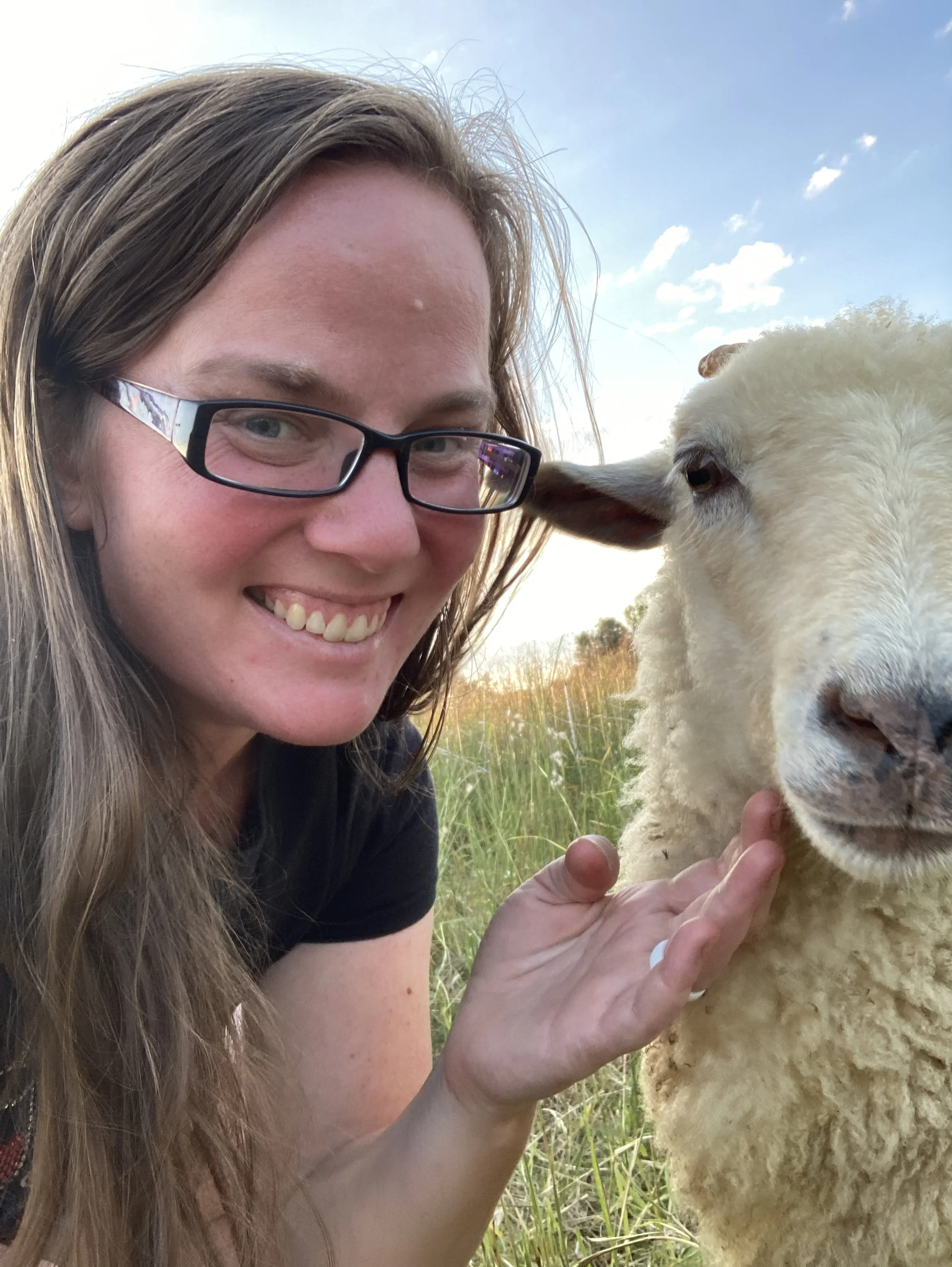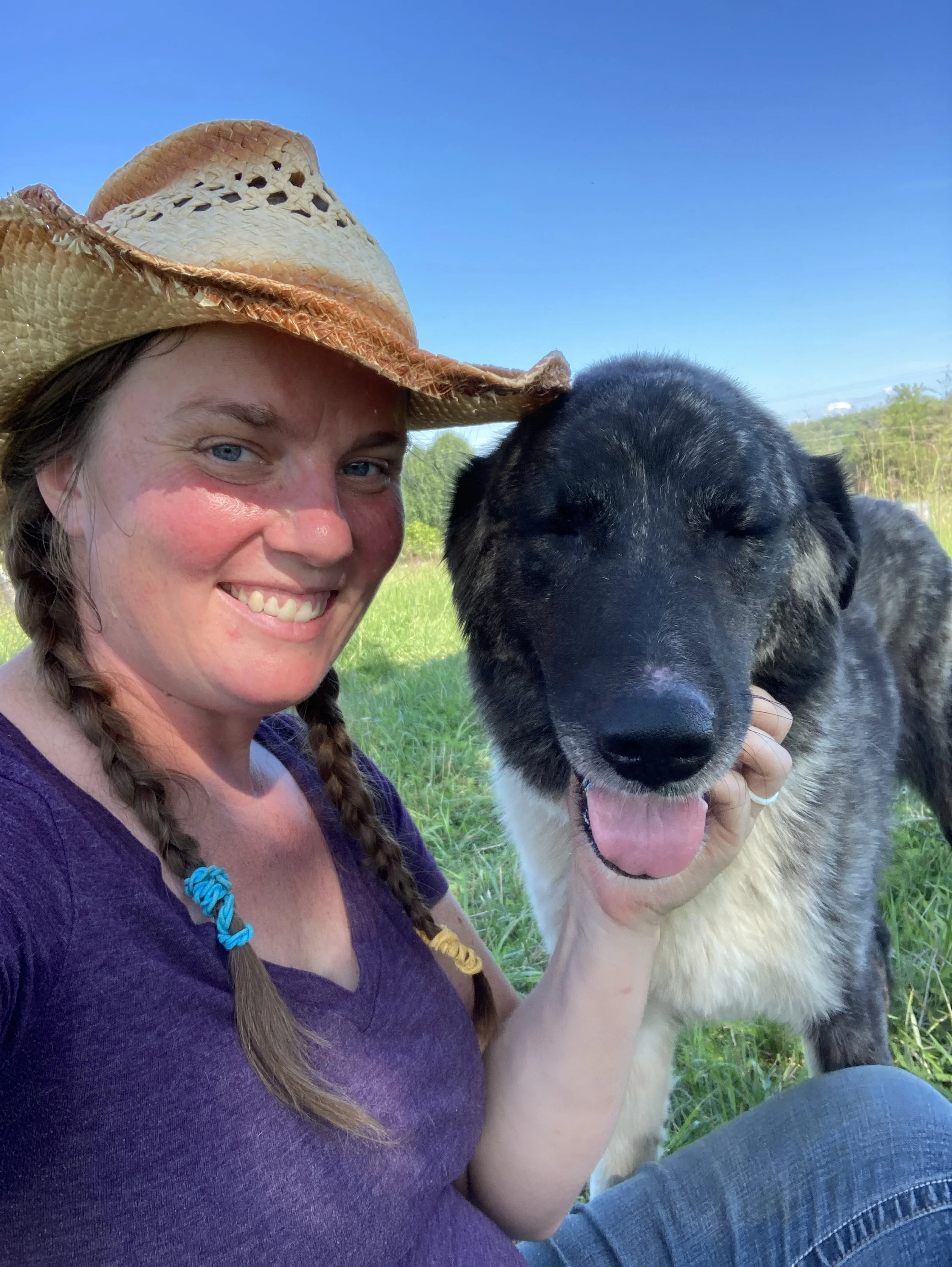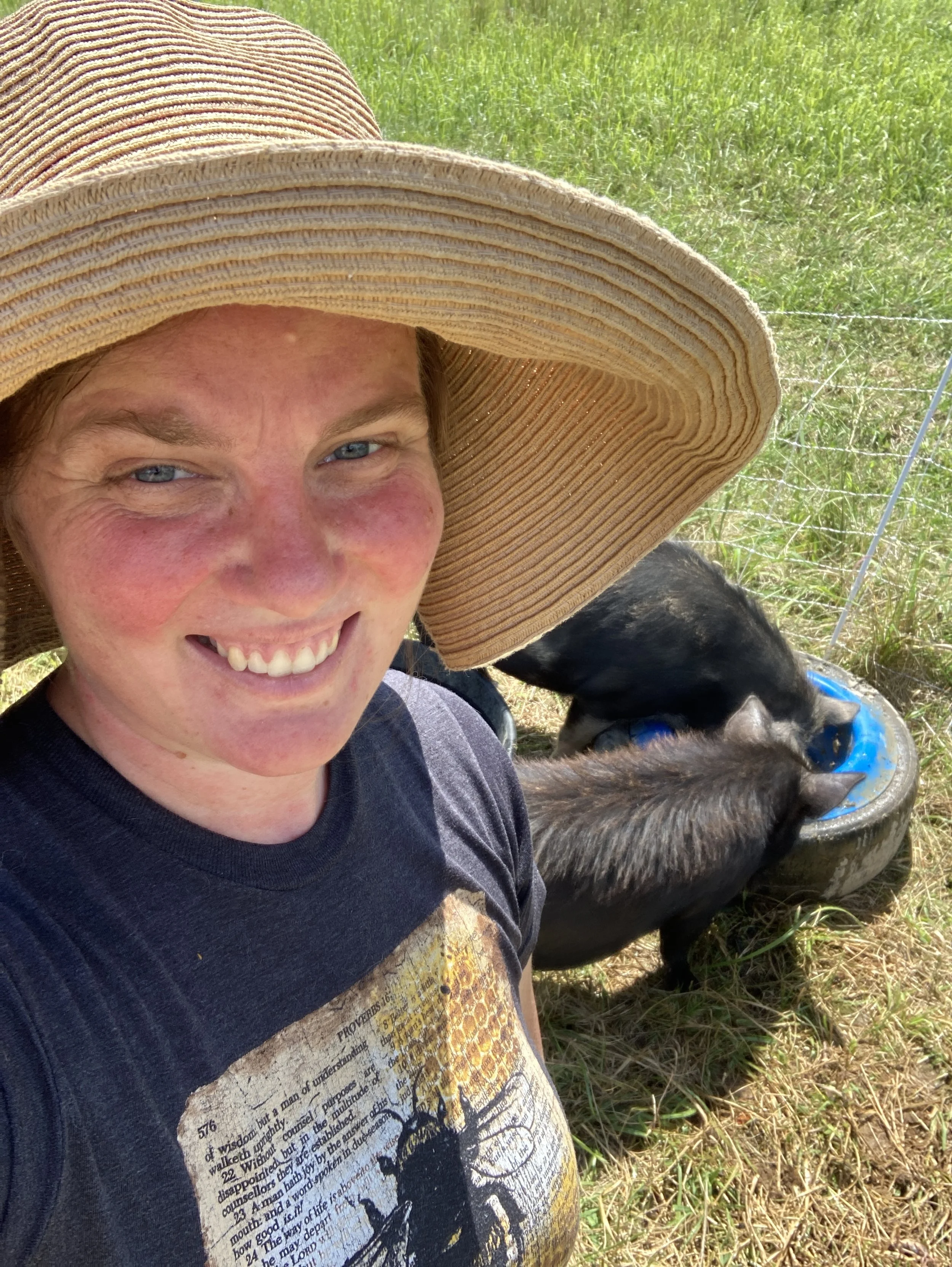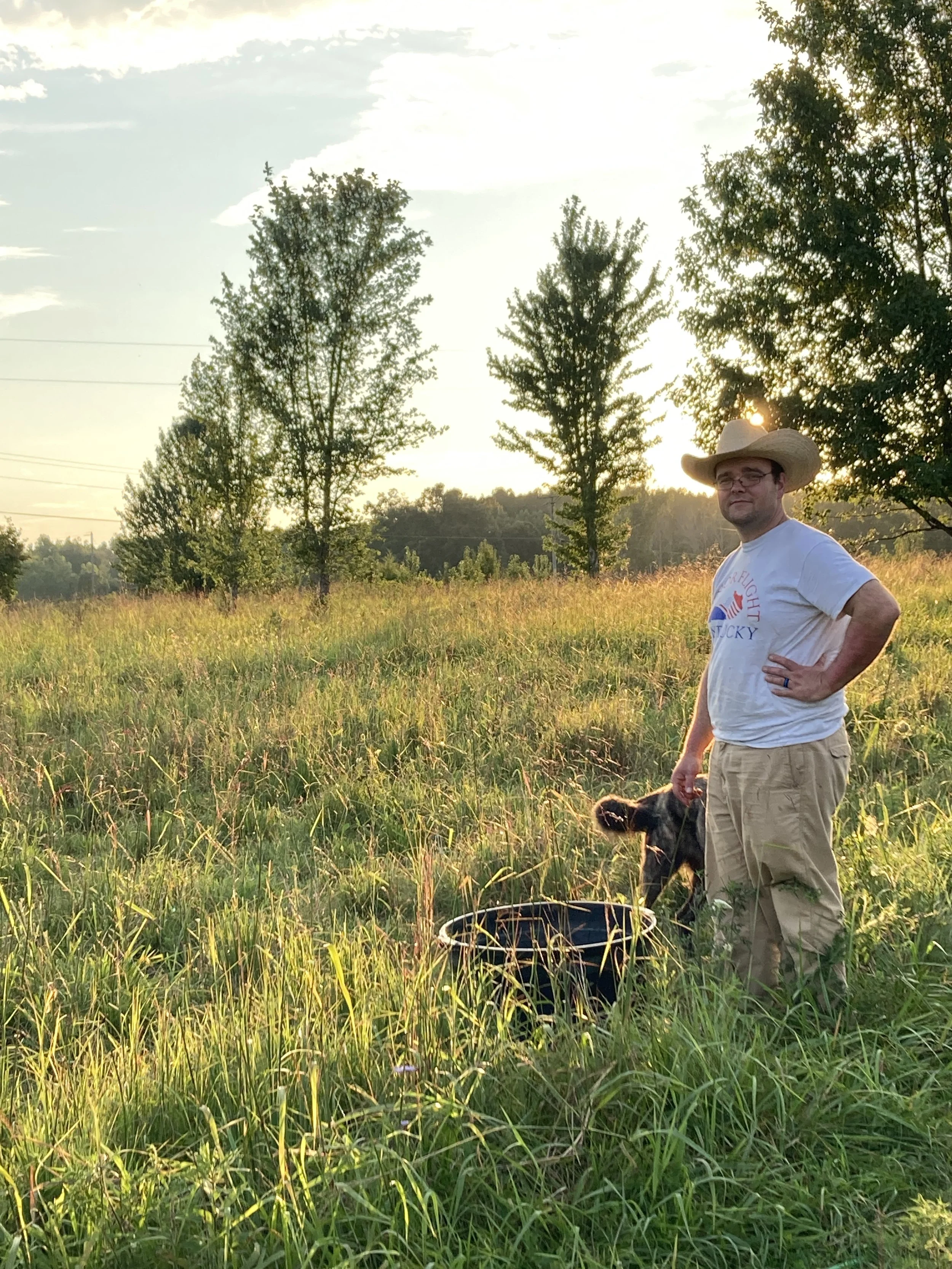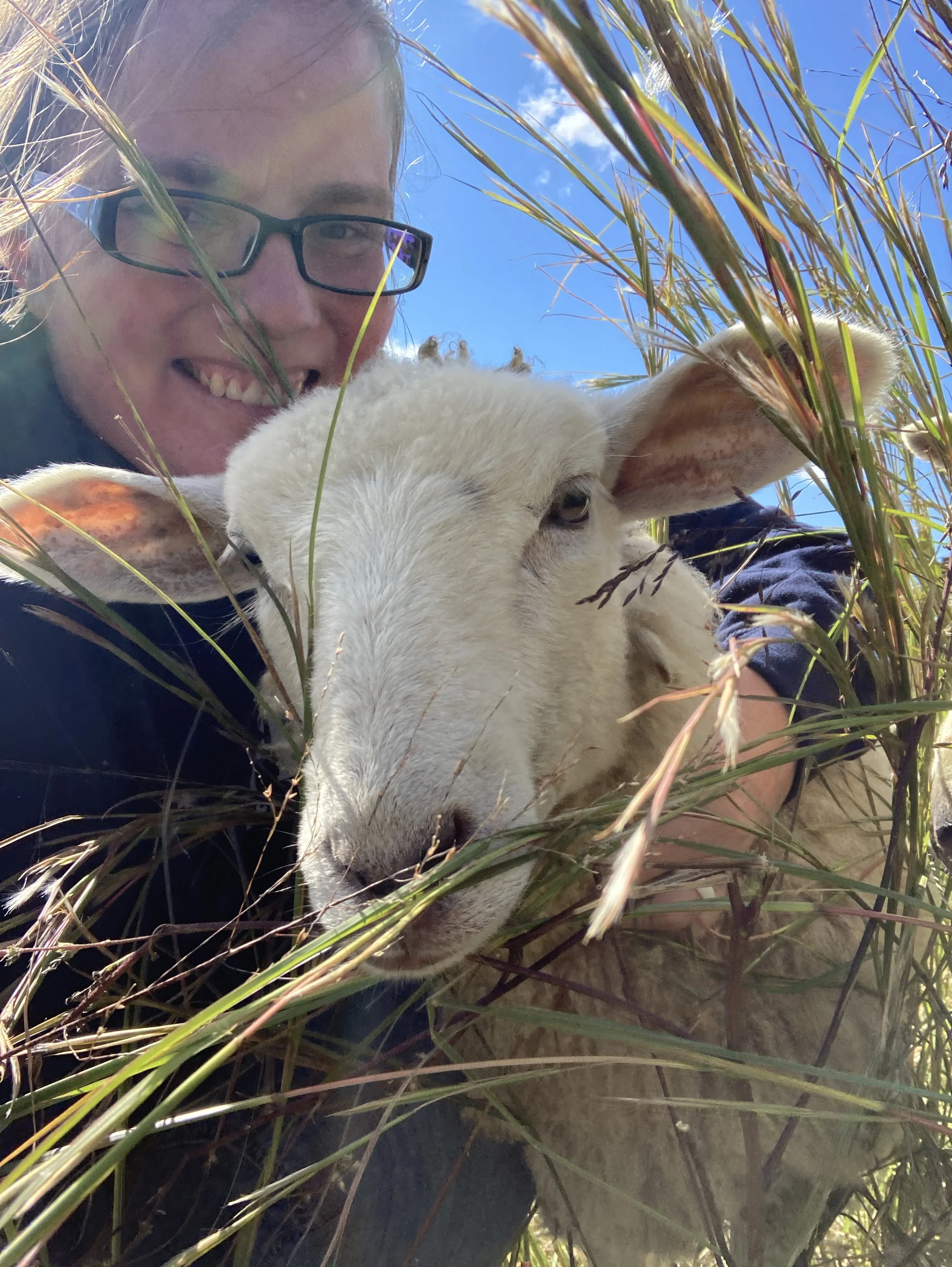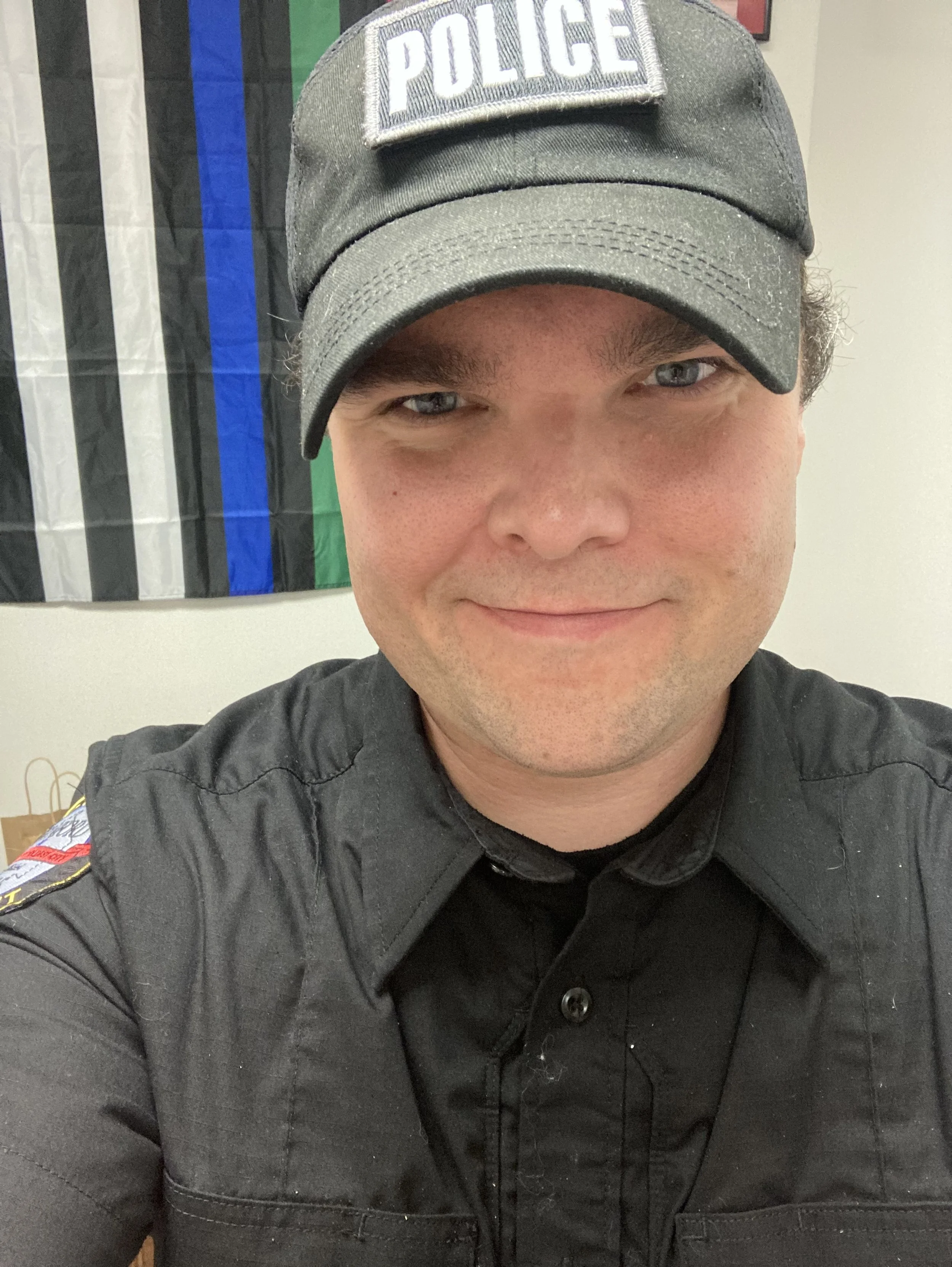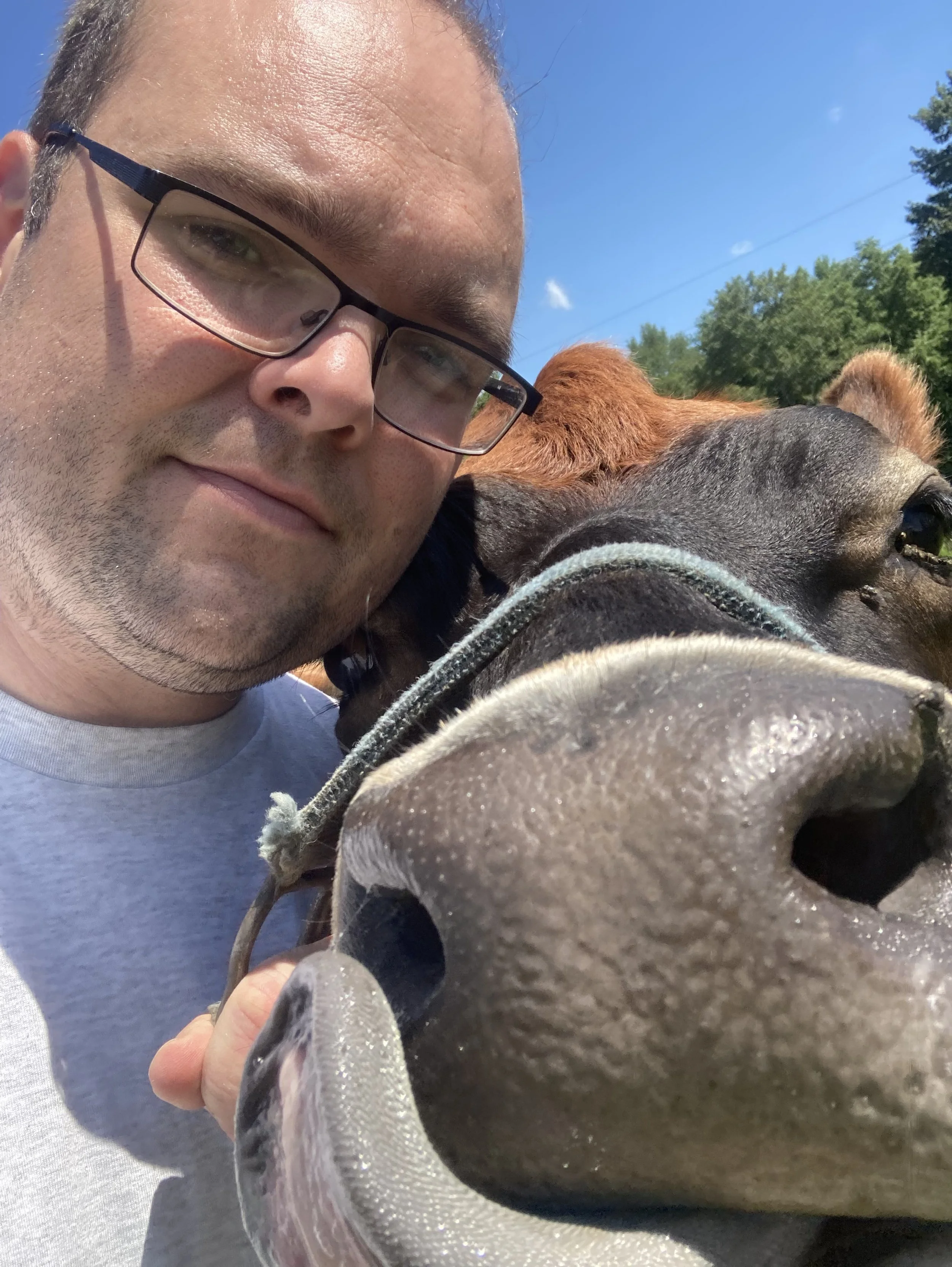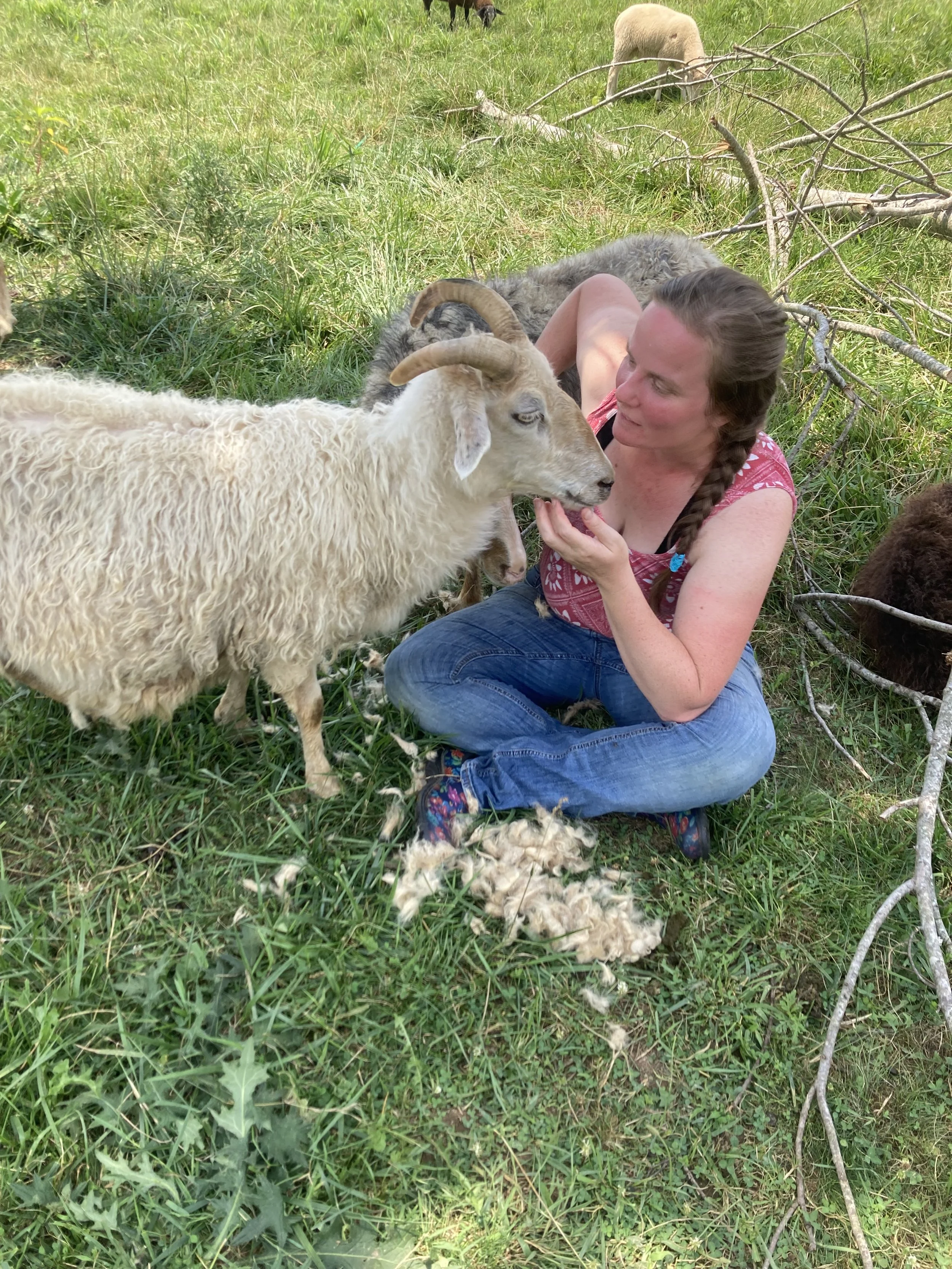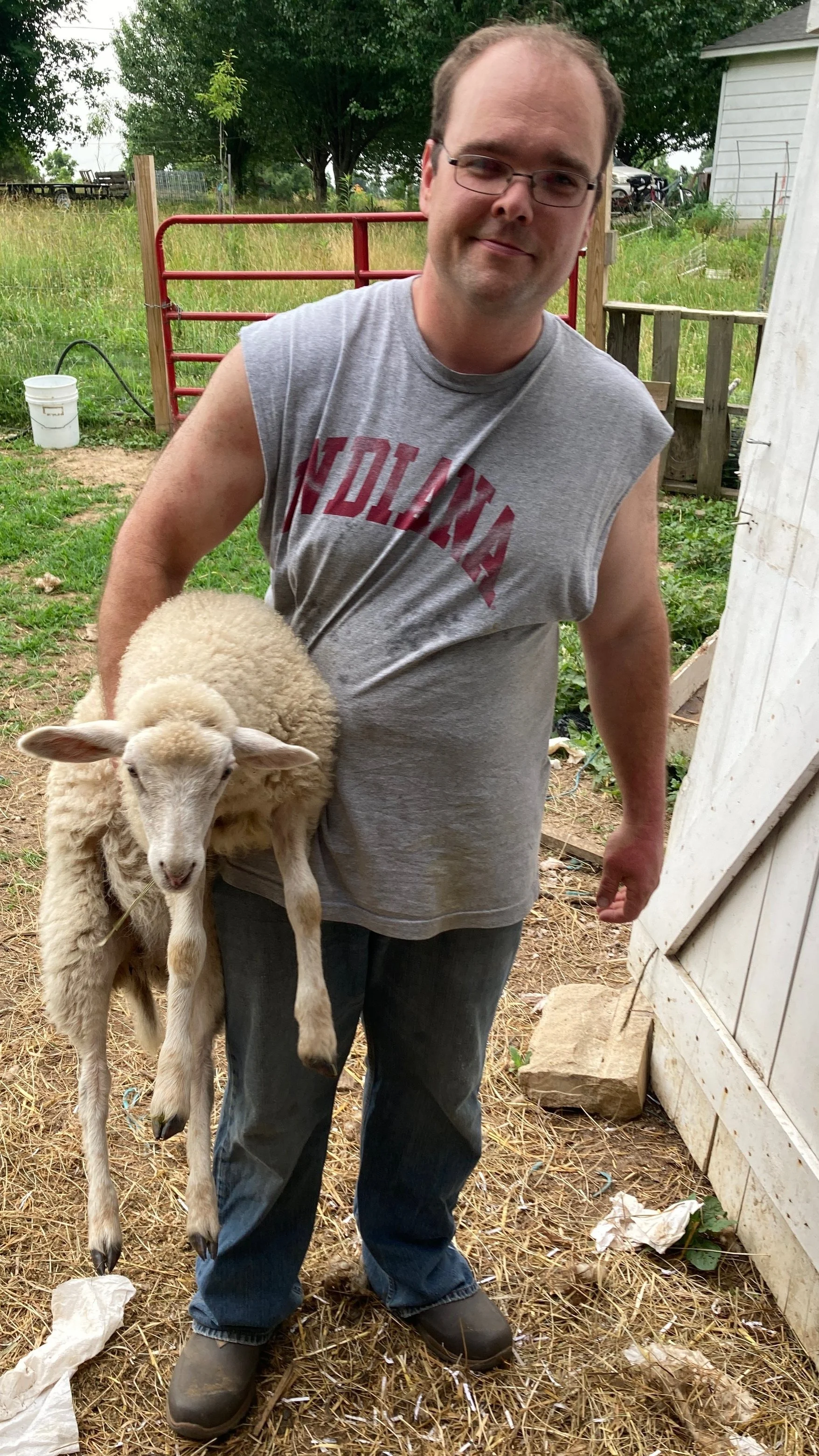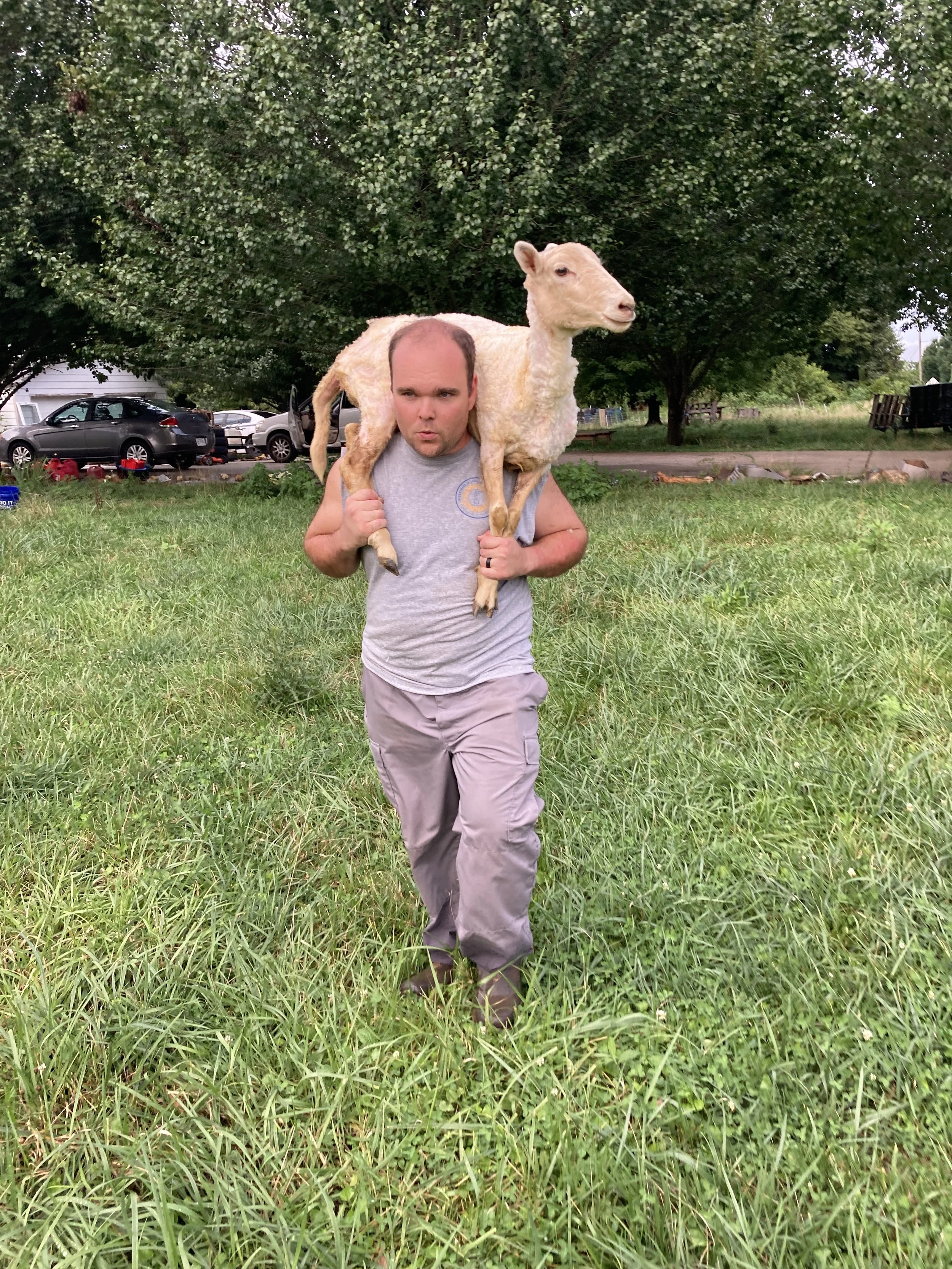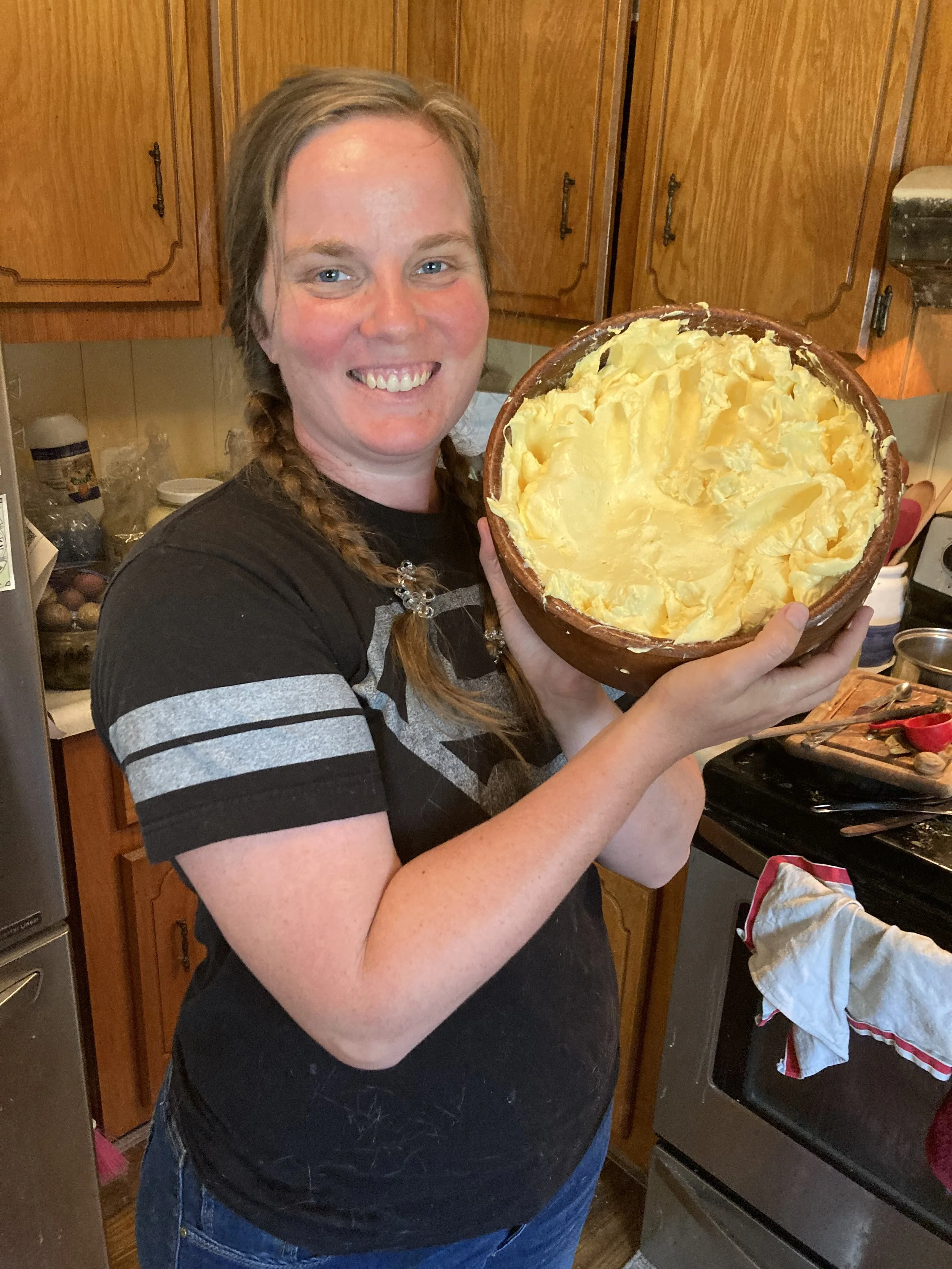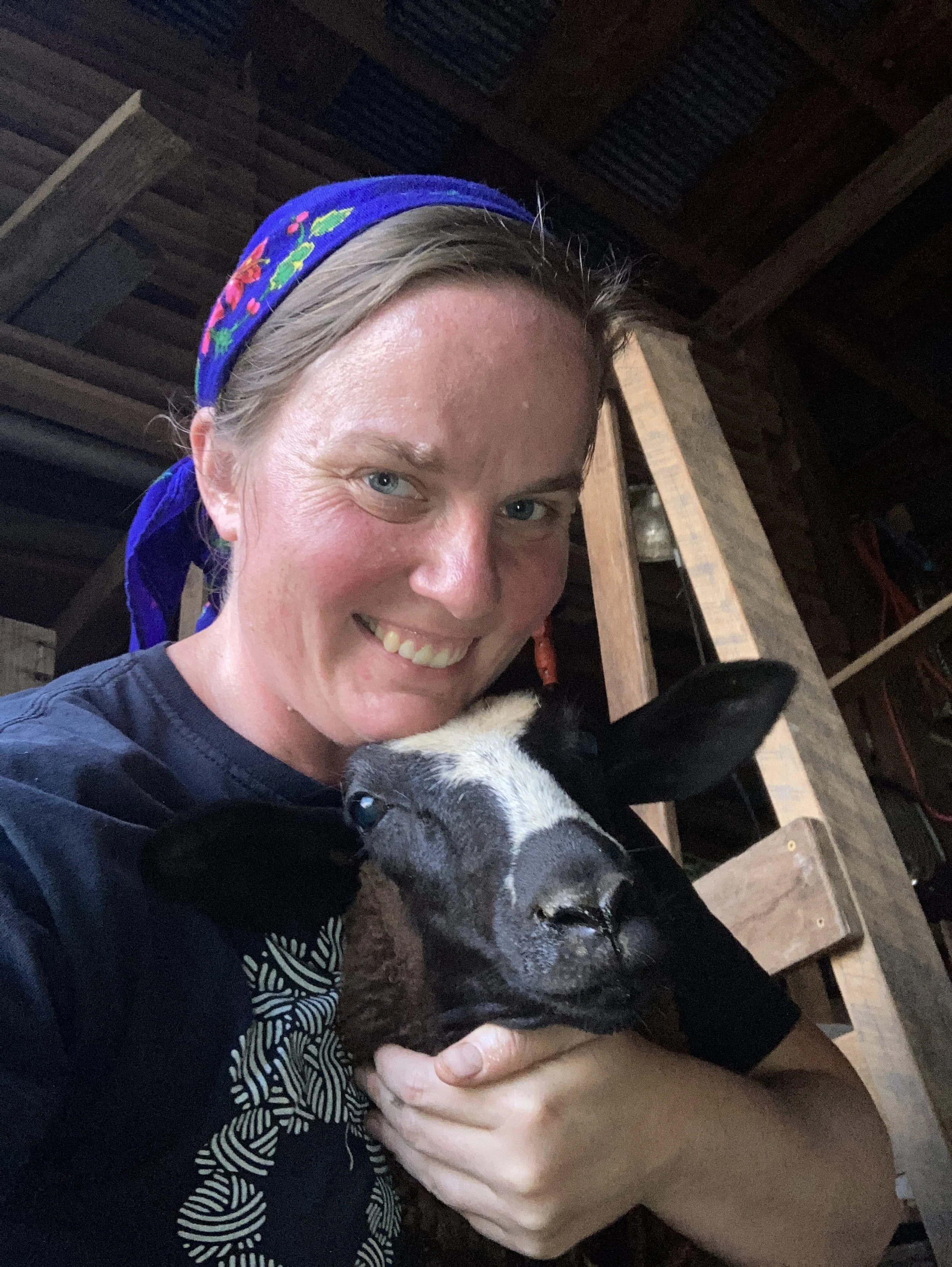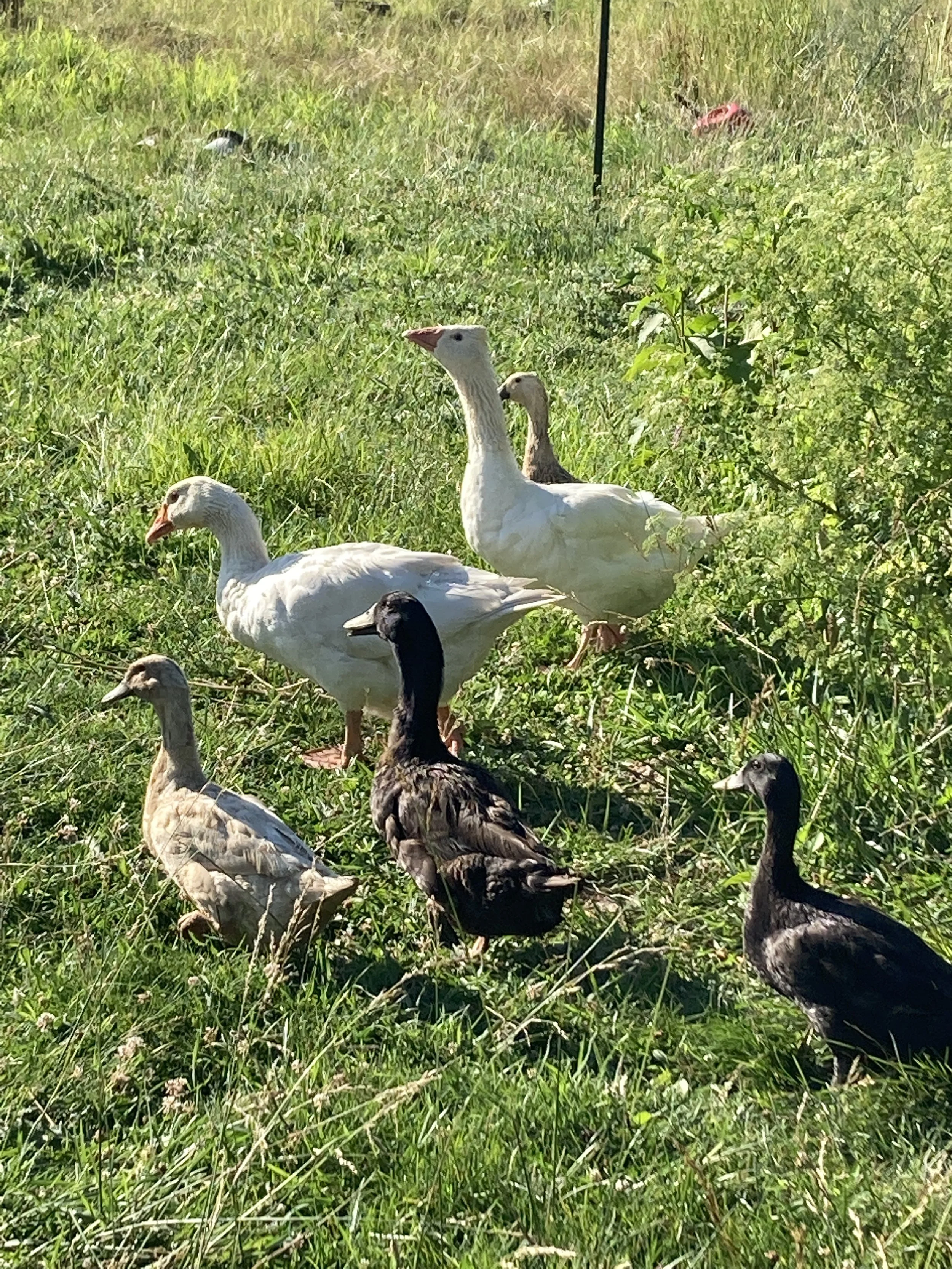Our Story
Kyle had a childhood dream of having a small farm like his grandfather. Rachel had a craving for wholesome, traditional foods like the kind she experienced in Eastern Europe on the Mission Field. After a honeybee swarm flew into the backyard of the rental property we were living on at the time, we realized we wanted a homestead that was operated in such a way as to be Honeybee Friendly and health savvy.
After an alarming health crisis right after Kyle donated bone marrow in 2013, we began learning about alternative health methods. Modern Medicine had created a huge mess and failed to help clean it up for us. So we began learning ways to reverse the damage ourselves, and part of that included a crash course in various methods of food production. We quickly realized that the way the food is farmed has a direct impact on our personal health. Soon we began visiting farmers markets, listening to crunchy podcasts and networking amongst libertarian farmers who refused to use trendy certifications to sell their product. In the process of sourcing foods that helped reverse Kyle’s health issues, we realized that joining the sustainable food movement was something we both felt not just inspired by but called to.
Raw Milk and especially Sheep Milk are two things that are non-negotiably necessary for our home and health. Soy and even corn are two products that are usually fed to most dairy animals, resulting in compromised Rumen health and therefore an inferior product. Since most farmers are understandably not very open to their customers criticizing what they feed to their own animals, we quickly realized to have the food we desired and needed, we’d have to raise it ourselves.
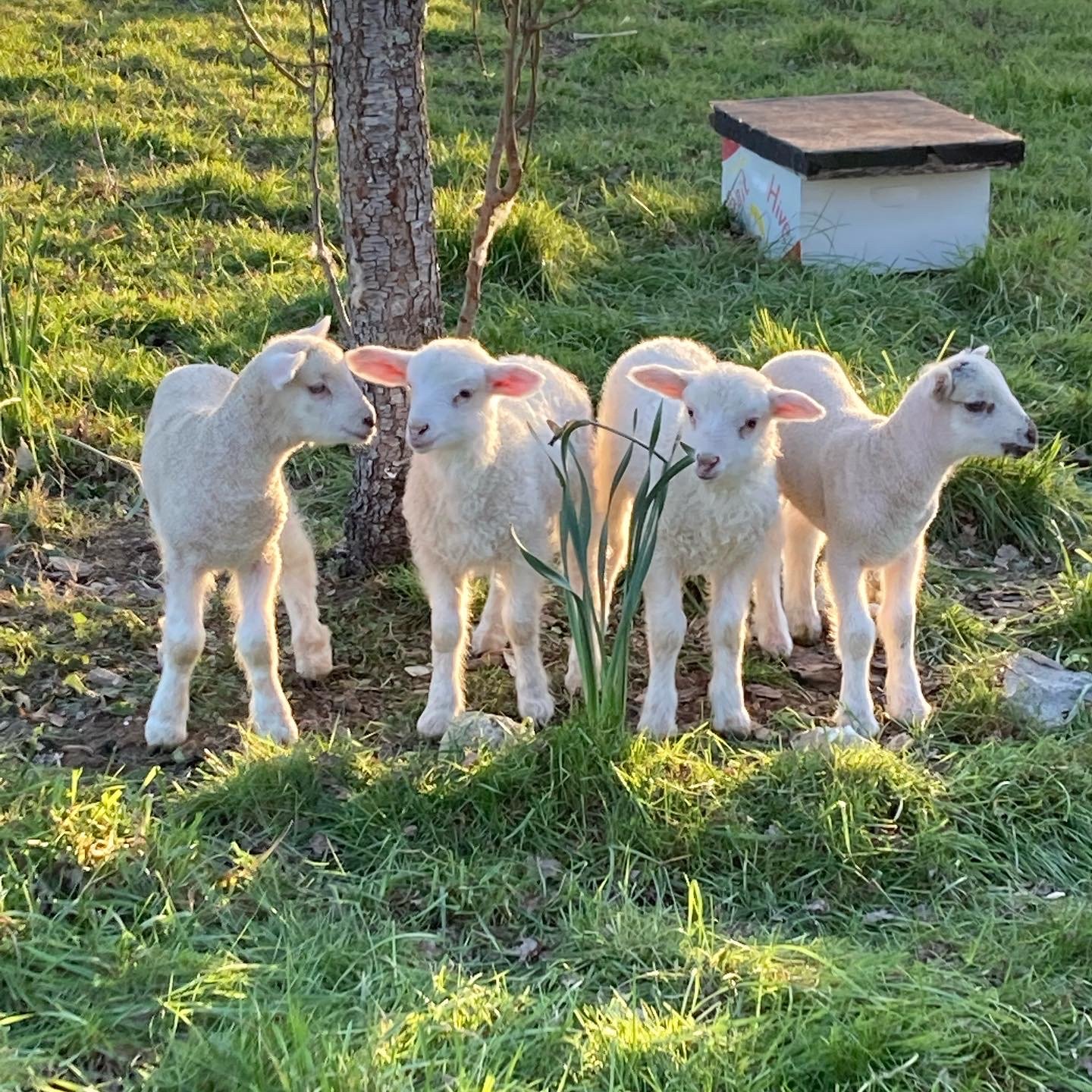
Our desire for superior farm fresh food drives our animal management practices.
Overmedicated creatures fed unnatural diets will quickly become unhealthy, producing foods that are unhealthy. Therefore we strive to keep our heroic inputs at a minimum, and encourage natural health as much as possible.
This usually leads to some hard choices about routine workings, vaccinations, quality of animal feed, and general farm inputs. While we don’t claim to have to completely figured out, we do commit to constantly be striving for excellence. Sometimes this does mean a chemical medication or interference in the health of our animal. Sometimes this means culling the animal to relief the suffering of it and its herd/flockmates.
We have experimented with several management practices over the years, including herbs, organic feeds, homeopathy, rotational grazing, fermenting feed, and off farm inputs. Sometimes they work wonderfully but are not sustainable for our particular farm - such as in the case of bagged organic chicken feed to produce organic eggs for customers. While our customers loved the eggs and appreciated them immensely, it was simply not sustainable for our farm to continue an organic egg operation. So we stopped selling eggs, switched to fermented six grain non-gmo scratch, and quit going into debt. We love and miss our egg customers, but we would miss the farm more if we had to declare bankruptcy!
Another driving factor in our farm management practices is Kyle’s off-farm job. Blue Line Emergency Services have a direct impact on our lifestyle and is our first calling. Anyone familiar with Emergency Services knows that it has a constantly rotating schedule and is incredibly demanding - physically, spiritually and emotionally. Night Shift is a schedule we have to manage somewhat regularly. Therefore we cannot always follow farming models we would prefer ideally. An example of this would be our desire to move our sheep on a daily basis. While we absolutely would love to move them to a new paddock each day, it simply is not feasible with our current infrastructure of fence, Rachel’s back issues and Kyle’s work schedule. This requires some compromise in our management of parasites when some sheep need more drastic intervention than others, as they have stayed on a particular paddock for too long.
We hope despite our need for compromise in certain areas, our customers can recognize that overall it is for the betterment of the entire farming system - the farmers being part of the system!
A word about sustainability
We are committed to sustainability - for ourselves and our animals. This word is used a lot in Regenerative Agriculture. For us this means using farming practices that will keep us and our animals healthy enough to serve you our customers in as best a way possible for as long as possible.
